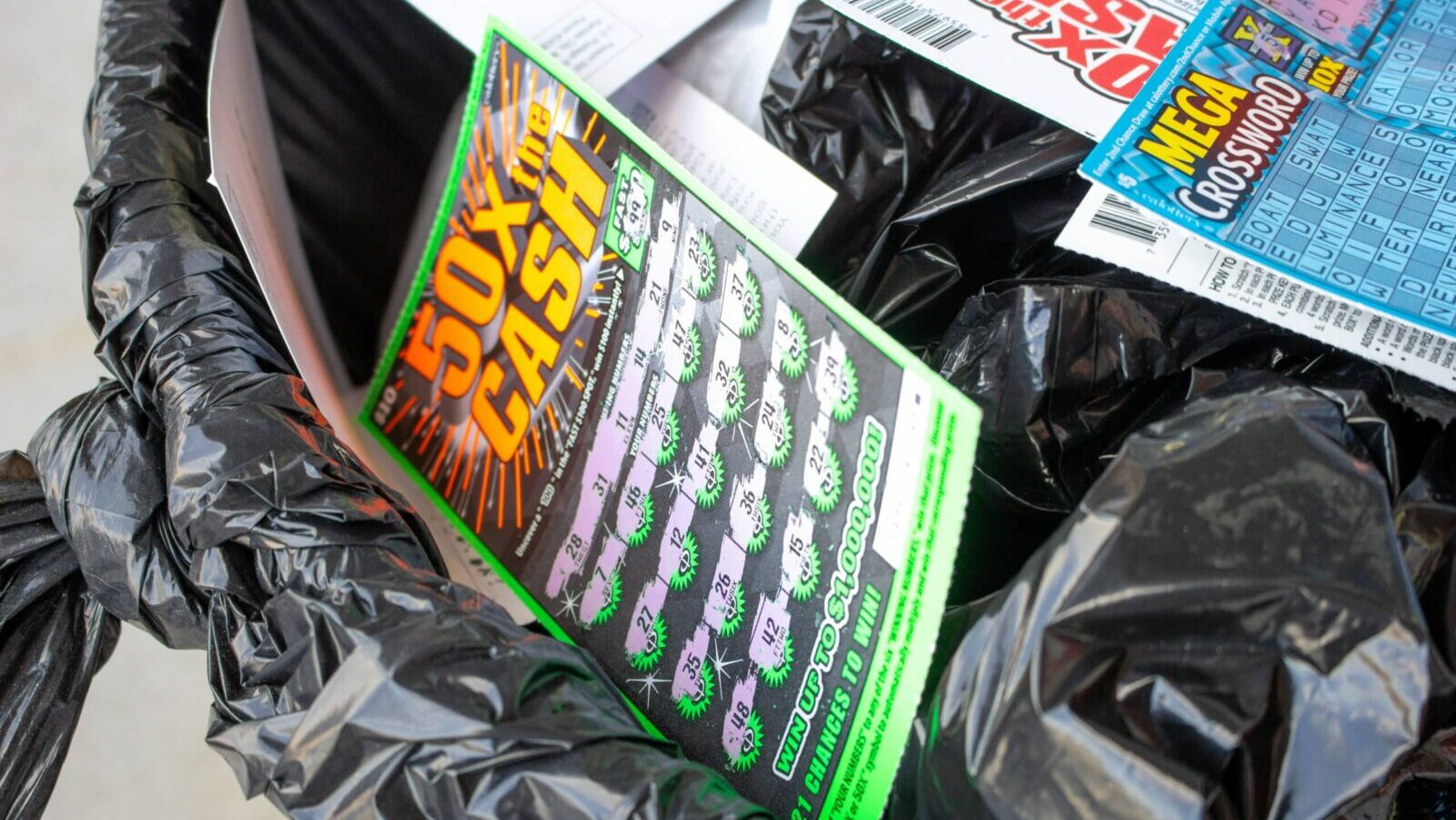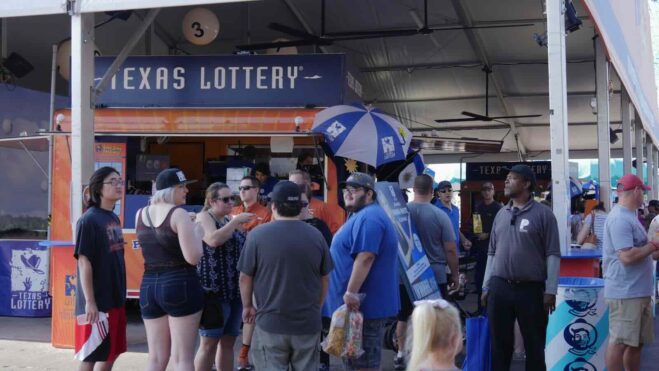Clerk’s Scheme Nearly Costs Lottery Player $1 Million Jackpot
A convenience store clerk in Tennessee has been charged after stealing a $1M lottery ticket from the rightful winner.
2 min

A Tennessee lottery player nearly lost a $1-million jackpot due to the deceitful actions of a convenience store clerk. Fortunately, the story has a happy ending.
The unsuspecting customer entered a local gas station with the simple intention of purchasing two $20 Tennessee Lottery Diamond and Gold lottery tickets. After scratching off the tickets, he approached 23-year-old Meet Patel, the clerk on duty, to verify if luck was on his side.
Patel confirmed that one ticket was a $40 winner, which he promptly paid out to the customer. However, the second ticket, which Patel dismissed to the customer as a non-winner and casually tossed into the trash, was actually worth a life-changing $1 million.
Patel later retrieved the discarded ticket from the trash and attempted to claim the prize at the Tennessee Lottery office. However, the Tennessee Lottery has stringent protocols for validating large prize claims, including the review of surveillance footage. This routine check revealed the truth behind Patel’s claim, exposing his attempt to defraud the rightful winner of the jackpot.
The consequences of Patel’s actions were severe. He was arrested and booked into the Rutherford County Jail, facing charges of theft of a million-dollar lottery ticket. In Tennessee, such an offense is classified as a Class A felony, which carries a sentence of 15 to 60 years in prison and fines of up to $50,000.
The actual winner, whose name hasn’t been revealed, ultimately received his winnings.
Patel has company
This incident is not an entirely unique case. In an eerily similar example, a New Jersey convenience store clerk found himself on the wrong side of the law in 2018. The employee allegedly stole a $300,000 winning lottery ticket from an unsuspecting customer. The clerk, after scanning the ticket and discovering its substantial value, brazenly claimed the prize for himself.
However, as in the Tennessee case, surveillance footage proved to be the clerk’s undoing. The clear video evidence captured the moment the clerk pocketed the winning ticket, ultimately leading to his arrest and subsequent legal proceedings. This incident, along with the Tennessee case, highlights a disturbing trend of individuals exploiting their positions of trust for personal gain.
Another involved a clerk and a co-worker in Massachusetts who conspired to steal a winning $3-million lottery ticket from a customer. The clerk, Carly Nunes, and a co-worker, Joseph Reddem, were indicted for their alleged roles in the scheme. Nunes was charged with larceny from a building, attempted larceny, presentation of a false claim, and witness intimidation, while Reddem faced a charge of attempted extortion.
Ultimately, Nunes was given probation for the charge of trying to file a false claim. The other charges against her were dropped.
Use protection
Lottery players can take several steps to protect themselves from fraud and ensure the security of their winnings. In states that are slow to adopt online lottery sales, players should verify the authenticity of lottery winnings from in-person sales and research the lottery organization to confirm its legitimacy.
It’s also important to avoid sharing personal information, especially sensitive details like social security numbers, bank account information, or credit card numbers, with unverified sources or over unsecured communication channels.
When purchasing lottery tickets, players should always buy from authorized retailers and avoid any offers that require payment or personal information online or over the phone. After purchasing a ticket, it’s advisable to sign the back of the ticket, as this can help establish ownership.
When checking if a ticket is a winner, players should watch the customer display unit at the retailer or use official lottery apps or websites to verify the results. If a ticket is a winner, obtaining a validation receipt from the retailer can provide proof of the prize amount.
For larger prizes that require claiming at a lottery office, players should be aware of the lottery’s verification process, which may include checking surveillance footage to confirm the rightful winner. It’s also wise to consult with a legal or financial adviser before claiming a significant prize, to understand the implications and responsibilities that come with such winnings.
In the event of a dispute over ticket ownership, having a signed ticket and validation receipt can be crucial evidence. Players should also keep their tickets in a safe place and be cautious of any attempts to convince them to hand over their tickets or disclose ticket numbers.





